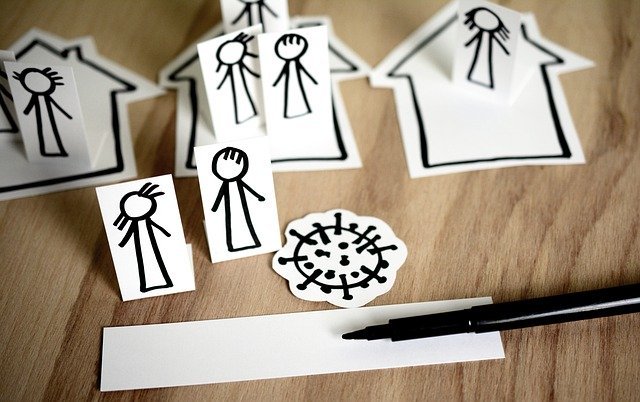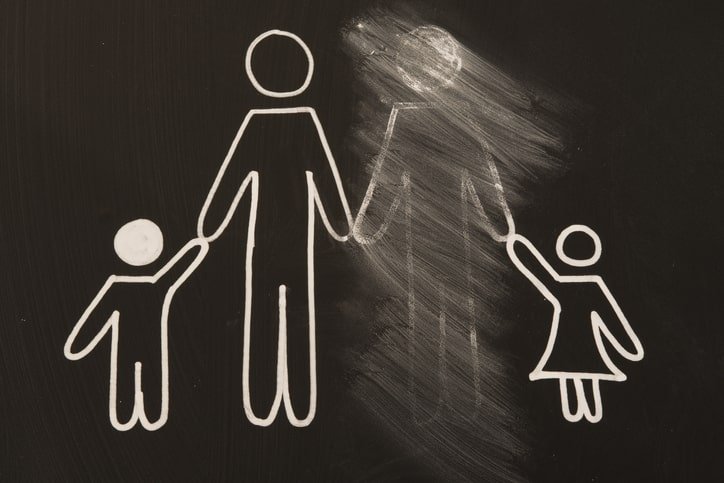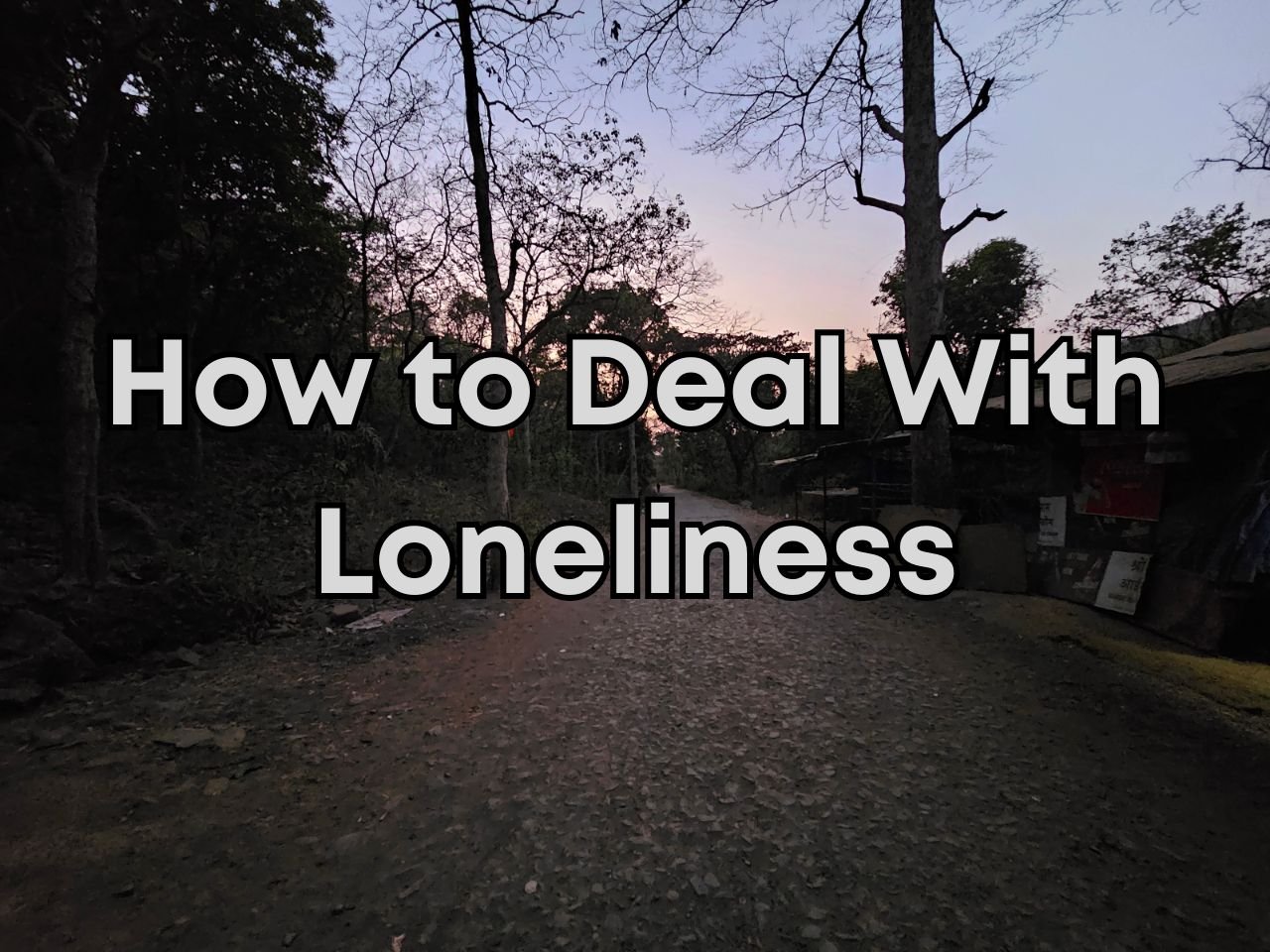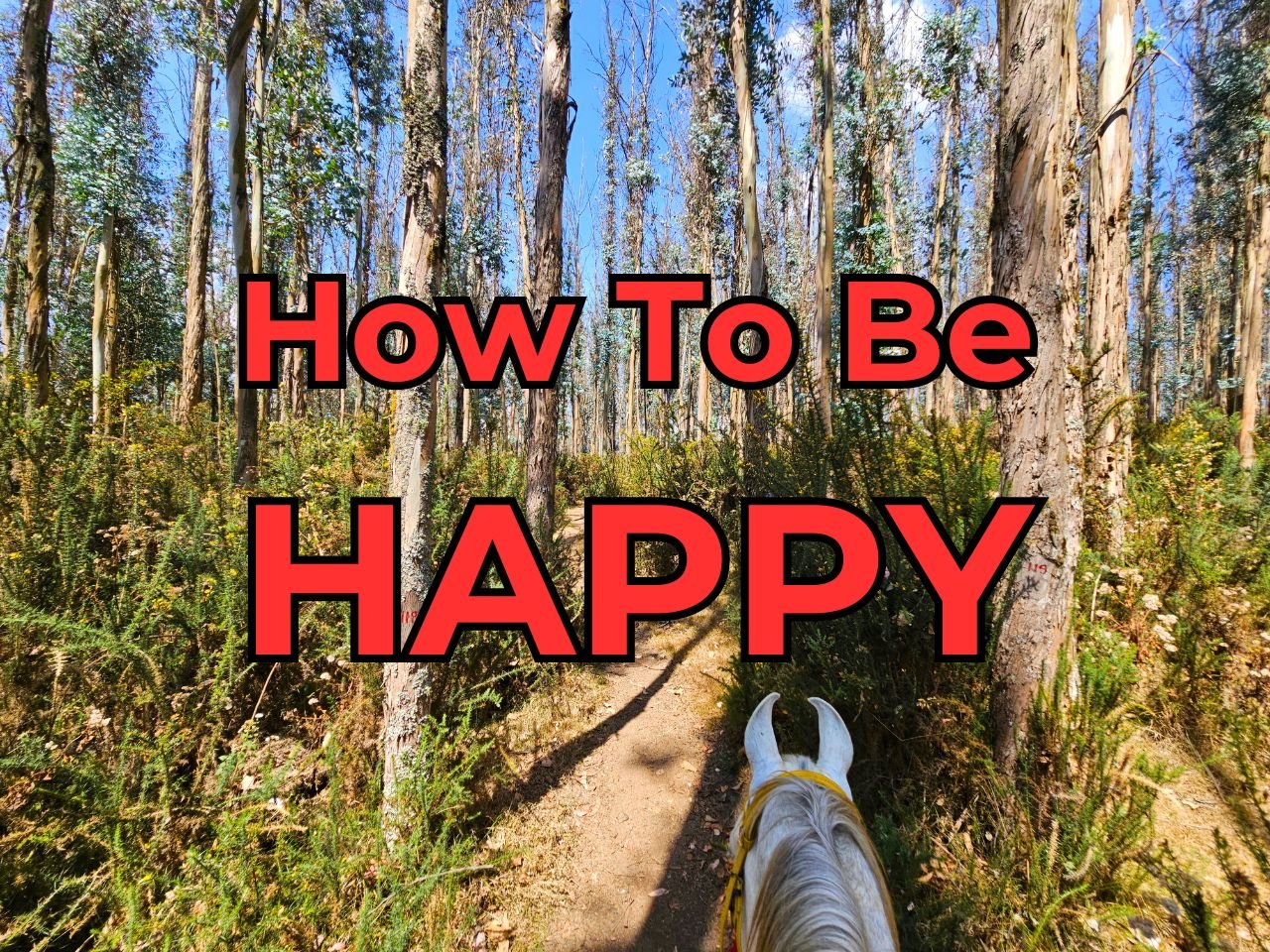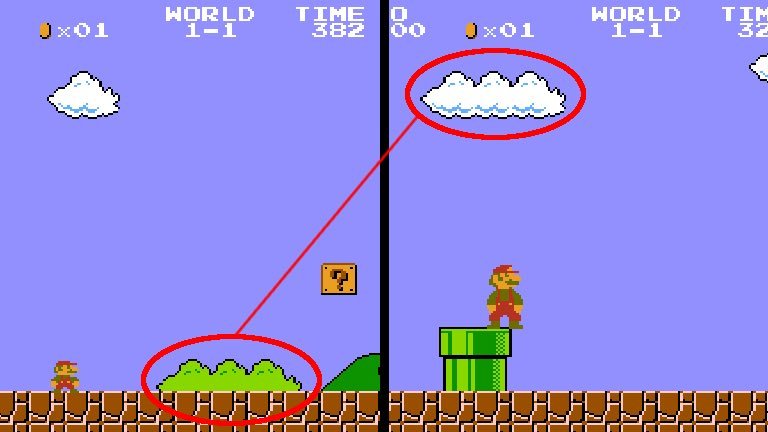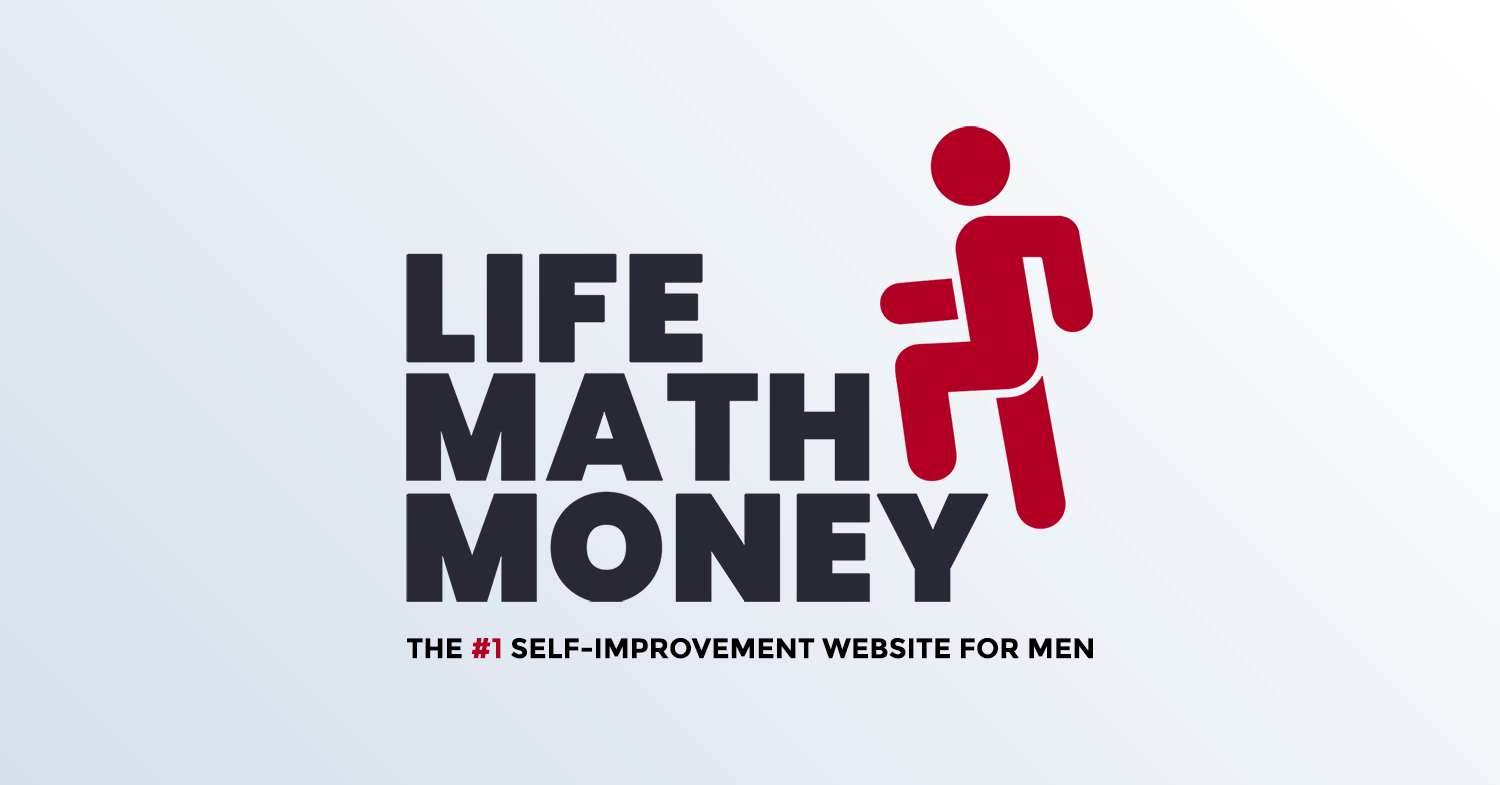Miyamoto Musashi was a Japanese swordsman, strategist, philosopher, ronin, and a writer.
He wrote Dokkōdō or “21 Precepts on Self-Discipline to Guide Future Generations“ (also known as “The Path of Aloneness”. “The Way to be Followed Alone”, or “The Way of Self-Reliance“) a week before his death in 1645.
It’s a short work, full of meaning, containing general rules and guidelines for life. Musashi wrote it in preparation of his death and dedicated it to his favorite disciple. It’s 21 lines long, and each line addresses a different aspect of life.

The 21 Precepts of Dokkodo:
1. Accept everything just the way it is.
- Some things just cannot be changed and must be accepted just as they are.
- There’s no point living in denial about your current circumstances or your past.
- Don’t have a very rigid worldview. You need to be flexible in your understanding of the world. Don’t try to change the interpretation of something to fit a pre-existing structure.
- Always adjust your mental models to reality, instead of engaging in self-delusion and projecting what you want reality to be onto actual reality.
- Beware cognitive dissonance.
2. Do not seek pleasure for its own sake.
- Do not get emotionally attached to pleasure.
- Pleasure for the sake of pleasure lowers your ‘level’ as a human being. It makes you less human and more animalistic.
- If you did not understand the previous point, think of people who are addicted to drugs, alcohol, cigarettes, or whatever. They have only one god – their fix.
- Pleasure in itself will not fulfill you. Satisfaction is secondary to purpose. Happiness is a by-product of achievement, self-understanding, and calmness.
- Pleasure has to be earnt. When you chase pleasure for the sake of pleasure, you feel good without earning the right to the dopamine – it only fulfills the body, not the spirit.
- Just take a look at the story of the Buddha. The man had everything. He was a prince. And yet he still wasn’t satisfied. Something was lacking.
3. Do not, under any circumstances, depend on a partial feeling.
- When you’re not sure of something or someone, you need to be very cautious with how you move forward.
- “Kind of” believing in something is not the same as actually believing in something – this includes self-belief. This is why most people fail at everything they try.
- Some things require 100% conviction – and if you feel unsure, you need to take a step back to refine and rethink your plan.
- A thoughtless attack leaves you open for a counterattack.
4. Think lightly of yourself and deeply of the world.
- Do not become a self-absorbed person. It only blinds your judgment.
- Create a working mental model of the world and constantly improve it as you gain more knowledge and experience.
- If you maintain a light sense of self, you’ll find it easier to move on and move beyond. You’re more adaptable to change – and in everything, your ability to change and thrive sets you apart from the rest.
5. Be detached from desire your whole life long.
- Everyone has desires, don’t get so attached to them that you lose perspective, like a drug addict craving his fix who is blind to the consequences of his actions.
- An attachment to desire leaves you open to manipulation and mistakes. Think of how many men are controlled by sex, validation, and other desirable feelings.
6. Do not regret what you have done.
- Regret is a wasted emotion — a sunk cost.
- If you feel guilty over something, make a note of it and learn from that mistake. But never hold deep regrets over it. It’ll only slow you down without helping the situation. You cannot change the past.
7. Never be jealous.
- Get inspired, not jealous.
- Jealousy is a waste of time.
- Jealousy only hurts you. It robs you of the happiness of what you have and only brings you dissatisfaction for what you don’t.
- Jealousy is a trap because wants are infinite.
- Jealousy/envy is the only sin where you suffer instead of having fun. When you commit other sins, at least you enjoy it. Jealousy is just suffering.
8. Never let yourself be saddened by a separation.
- Attachment is different from love. If you lose someone, you let them be free.
- Separation is inevitable. Like how a crow flies away from the pond after drinking. The job is done and it’s time to go.
- People come and go. Men and women live and die. The only constant is God.
9. Resentment and complaint are appropriate neither for oneself or others.
- Once again, resentment and the problem mindset only slows you down and decreases happiness and calmness – not good.
10. Do not let yourself be guided by the feeling of lust or love.
- Both love and lust affect your judgment adversely.
- People have sacrificed everything: money, reputation, and freedom in a moment of desire and lust. It was never worth it.
11. In all things have no preferences.
- An open mind will enable you to have broad and varied experiences.
- Sticking only to what you know makes you a fish in a small pond.
- If you accept life as it comes to you without expectations, you will have very few unhappy days in your life.
12. Be indifferent to where you live.
- If you are happy, it does not matter whether you’re living in a palace or a jungle. If you are frustrated and sad, it does not matter whether you’re a pauper or a prince. Refer once again to the life story of Siddhartha (Gautama Buddha).
- In the age of the internet, you don’t need to be at a particular place at a particular time. You can run your business from anywhere that has an internet connection.
13. Do not pursue the taste of good food.
- Musashi was a warrior. Food is just a way to get nutrition and energy. The taste is secondary.
- The lower your materialism (obsession with pleasure and things), the less you care about “taste”.
- The higher your materialism, the more you are obsessed with taste.
- This is why highly materialistic people tend to obsess with things like “taste of coffee” and buy “comfort foods”.
14. Do not hold on to possessions you no longer need.
- Musashi was a wanderer. The more you carry, the harder (and riskier) your way becomes – both physically and metaphorically.
15. Do not act following customary beliefs.
- Think for yourself.
- Don’t become a blind NPC.
- Just because everyone else is doing something, doesn’t make doing it a good idea.
- Just because no one does it, doesn’t mean it’s a bad idea.
16. Do not collect weapons or practice with weapons beyond what is useful.
I once heard this from someone who was a Shaolin discipline: “Master one form to perfection. Do not be the rabbit that picks up a carrot and then drops it as he tries to pick up another”.
Musashi seems to prioritize specialization over being a generalist. However, Musashi wrote this in 1645 in a world without automation and technology.
In the modern-day, code and machines can do highly specialized tasks for you. Being a polymath / multi-disciplinary is a better approach.
17. Do not fear death.
- Fear of death makes warriors weak.
- Treat life like you would treat a sparring match – be unafraid, calm, and focused – this will maximize your chances of victory.
- We’re all dead in the long run.
18. Do not seek to possess either goods or fiefs for your old age.
Musashi was a Ronin, i.e., a samurai with no master – a wanderer. Having no resources does not appear to be good advice for the modern day.
Definitely save money for your old age. You’re not an ascetic and probably can’t hunt for food nor rely upon other people for your wellbeing.
However, be smart about it. You are not in a “who’s the richest man in the grave” contest. Once your hit your financial independence number, it’s time to focus much more family, children, health, and things like that.
19. Respect Buddha and the gods without counting on their help.
- God helps those who can help themselves.
- Always strive to do the best you can.
- Never depend on luck. People who rely on luck fail because they have no plan.
- Always be bold, persistent, risk taking, and prepared (the 4 facets of luck) but keep a level head regardless of what outcome you get.
20. You may abandon your own body but you must preserve your honour.
- While you should not regret anything you’ve done, this does not mean you do dishonorable things.
- Never do something that isn’t compatible with your internal code of ethics.
All in all, I’d rather lose honor than life – but only in life and death situations. Honor can be regained, but if you lose your dice you can never play again.
21. Never stray from the Way.
- When you genuinely believe in something, go all in.
- You have less time than you think. You will grow older and weaker, and your energy levels will go down – you don’t have a second to waste.
The dokkodo is an interesting and honest view of life – hope you found it useful too.
– Harsh Strongman



